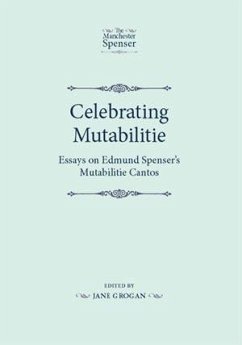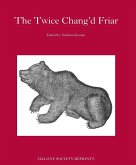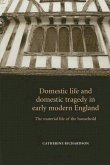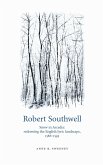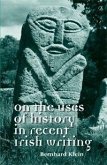This is the first collection of essays devoted to Edmund Spenser's Mutabilitie Cantos (1609), and it celebrates the 400th anniversary of the first publication of that intriguing, posthumously-published fragment of his unfinished epic, The Faerie Queene (1590-96). It brings together leading and emerging Spenser scholars from the US, UK, Ireland and India to asses and assert the significance of the Mutabilitie Cantos to Spenser's work ad thought. All eleven essays are origional and specially commissioning for this substantial volume with contributions from James Nohrnberg, Gordon Teskey and Judith Anderson. Although broadly historical, in keeping the principles with The Manchester Spenser series, the collections encompasses an impressive variety of approaches and interests, ranging from historical allegory and material, political, philosophical and literary contexts of the Mutabilitie Cantos, as well as their commanding place in early modern English and Irish literature and history. The collection also includes a full bibliography of scholarly criticism of the Mutabilitie Cantos. This collection will be of interest to undergraduate and postgraduate students, to scholars of Spenser and scholars of renaissance studies

